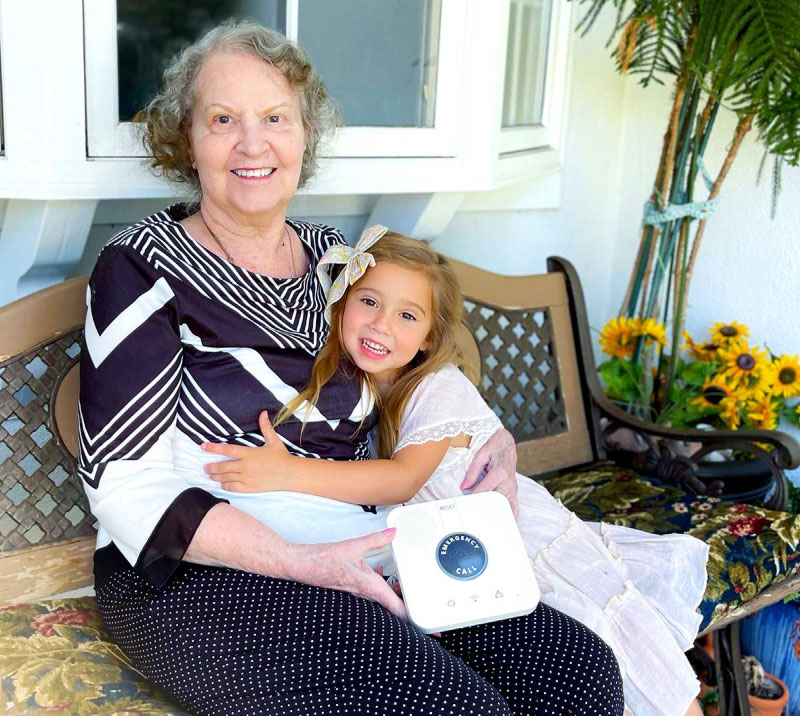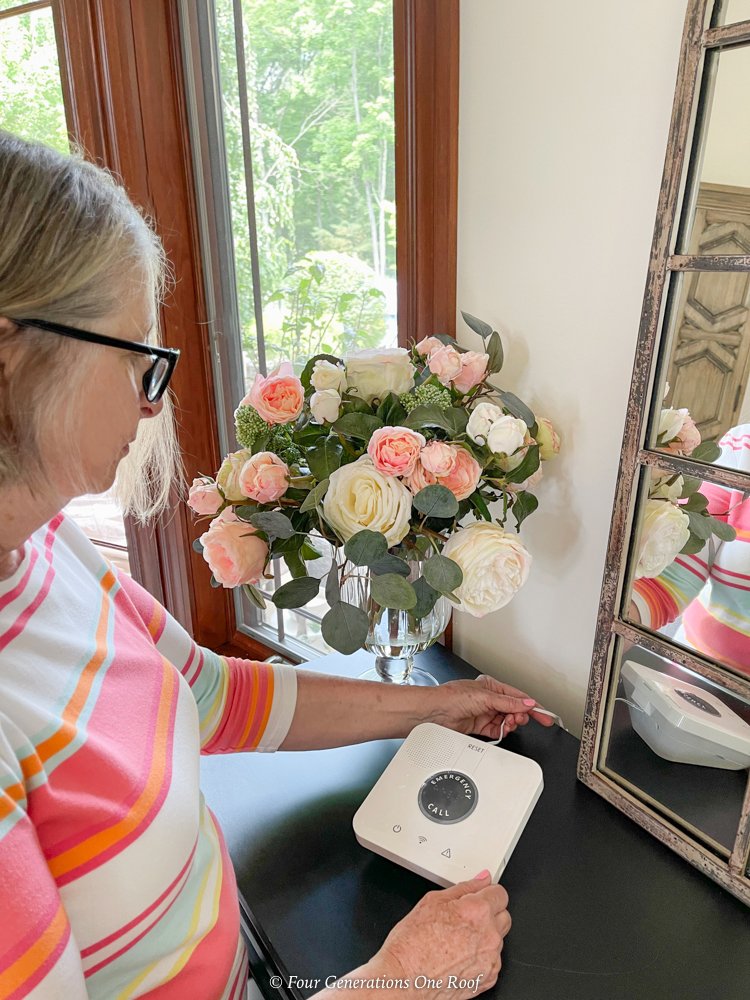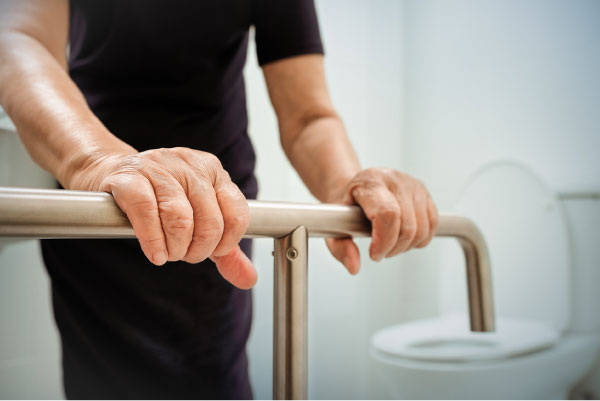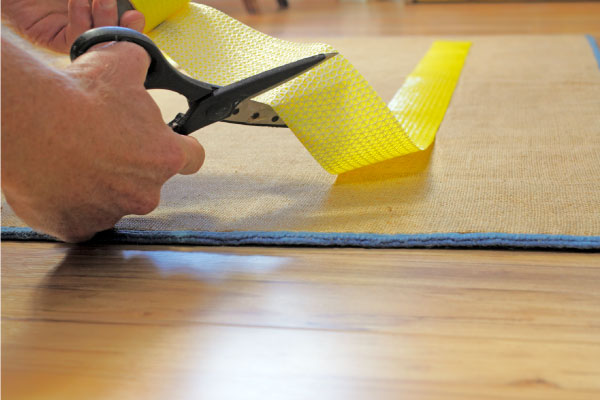
When your parent(s) come to live with you in a home you haven’t actually designed and equipped with them in mind, a lot of different emotions and thoughts are likely to arise. No matter how much you love them and how well you get along, you will at least at some point feel a bit of resentment and overwhelm. That’s especially the case if their health issues are considerable and need to be carefully monitored.
If you are on the verge of merging homes with an aging parent, take a look at our tips for preparing your home for them. They’ll help you ensure your parent will be not only perfectly comfortable but also safe and content.
Install a Medical Alert System

When you have a senior living in your home, you want to make sure that they are protected at all times. And that means making sure they’re safe even when no other members of the household are at home.
Perhaps your parent has a health condition that can take a sudden turn for the worse or difficulty getting about (making them more liable to slip and fall). Or maybe they suffer from cognitive issues that can lead to all kinds of accidents. Whichever the case, a medical alert system can get them the help they need in a matter of minutes.
Our own medical alert system has been designed with simplicity and ease in mind. There are several ways you can activate it and get in touch with one of our operators, including the press of a button and voice activation. The elements themselves are also unobtrusive and won’t ruin the aesthetics of any room.
Carefully Choose Their Room
Ideally, the room your senior parent lives in is located on the ground floor, with easy access to a bathroom. Even if an upstairs bedroom has an in suite, rather choose a downstairs one that doesn’t. That way, you will save them plenty of trips up and down the stairs. Even if you do install a chair lift (which we highly recommend), a ground floor room is the best option.
Keep the room as minimalistic as possible. Don’t overcrowd it with furniture, especially tables that can be turned and tripped over. A smooth floor and a clear path from the bed to the door is what you’re looking for.
Try to make the room feel as much as their old one did. If possible, incorporate some of their own furniture and decor. This will make them feel more at home and ease some of the difficulties of transitioning to a new space.
Make Adjustments to the Bathroom

The bathroom is an area you will especially need to attend. First, consider how much room there is to move about and turn around. You might need to make some adjustments, like making the sink smaller or removing some of the storage units. The aim here is to minimize the chances of your parent injuring themselves by bumping into something.
Install grab bars at convenient places: the shower or tub and above the toilet. You can also add one just inside the bathroom, near the door. Non-slip mats are also a must, especially in the shower or tub. If you don’t like the feel of it under your feet, you can remove it when the rest of the family showers, but make sure your senior uses them.
Consider All the Safety Hazards

We all take so much of our space for granted, but you’ll need to make some adjustments to accommodate your aging parent. You might need to remove some rugs, get rid of end tables, and reconsider some sharp edges. Trinkets and other decorative items might also need to be removed.
Ideally, you want to get a professional to look at the space with an expert eye. What you consider just another feature of your home may turn out to be a slip hazard. If not, go through every inch of every room and consider how dangerous it might be for your parent, just like you would when baby-proofing the home.
Find a Communication System
Finding a communication system inside the home itself will also do a lot to help you manage better. A baby monitor or some sort of intercom system (including a walkie-talkie) can be the perfect solution. That way, your parent can give you a buzz when they need help with anything. You can even use it to let them know when a meal is ready.
Of course, you can still use your phones. But since it takes longer to dial someone than to use an intercom, we suggest you look into a more localized, closed system.
Understand It Will Be a Process

Finally, while it has nothing to do with making physical alterations to your home, you need to understand that moving in with a senior will always be a bit of a challenge.
First consider how they feel, having to leave their home and move into a different one. They may have some of their furniture and personal belongings with them, but it’s still not their home.
Also, both their routines and yours will need to change significantly, and this is never an easy process. Instead of snapping at them or other members of your family, do your best to accept that this will be a difficult time. Tempers are likely to be frayed all around. Try to focus on the positives and the benefits of this new living arrangement, rather than the negatives that are certain to arise.
Final Thoughts
Admittedly, moving your aging parent into your home can be quite a challenge. Fortunately, however, you can sail through this transition more smoothly than you might have expected. Just make sure to prepare the home and make it as safe and comfortable for them as you possibly can, while also being ready for any issues that arise.







